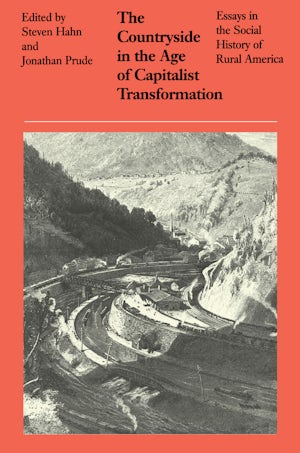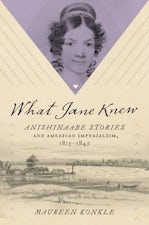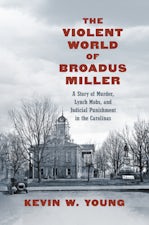The Countryside in the Age of Capitalist Transformation
Essays in the Social History of Rural America
Edited by Steven Hahn, Jonathan Prude
368 pp., 6 x 9
-
Paperback ISBN: 978-0-8078-4139-6
Published: December 1985 -
E-book EPUB ISBN: 978-1-4696-2146-3
Published: June 2018 -
E-book PDF ISBN: 979-8-8908-6596-0
Published: June 2018
Buy this Book
- Paperback $55.00
- E-Book $29.99
Awards & distinctions
1985 E. Harold Hugo Memorial Book Prize, Old Sturbridge Village Research Library Society
The essays cover a broad range of topics: the character and consequences of manufacturing and consumerism in the antebellum countryside of the Northeast; the transition from slavery to freedom in Southern plantation and nonplantation regions; the dynamics of community-building and inheritance among Midwestern native and immigrant farmers; the panorama of rural labor systems in the Far West; and the experience of settled farming communities in periods of slowed economic growth. The central theme is the complex and often conflicting development of commercial and industrial capitalism in the American countryside. Together the essays place rural societies within the context of America's "Great Transformation."
About the Authors
Steve Hahn is associate professor of history at the University of California, San Diego.
For more information about Steven Hahn, visit
the
Author
Page.
Jonathan Prude is associate professor of history at Emory University.
For more information about Jonathan Prude, visit
the
Author
Page.
Reviews
"By giving much needed attention to the effects of modernization on rural America, these well-crafted, wide-ranging, and scholarly essays add an important but neglected dimension to the nation's social history."--Harold D. Woodman




